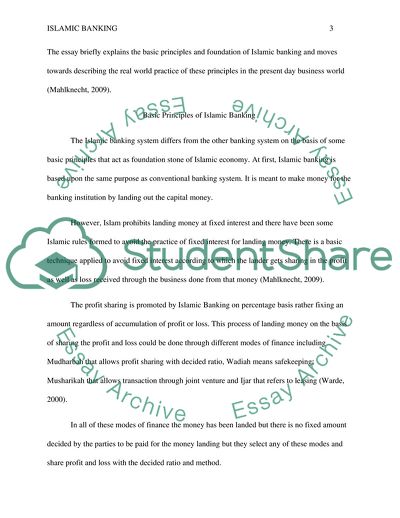Cite this document
(Islamic Banking A Modern Day Business Perspective Case Study, n.d.)
Islamic Banking A Modern Day Business Perspective Case Study. Retrieved from https://studentshare.org/macro-microeconomics/1760029-islamic-banking
Islamic Banking A Modern Day Business Perspective Case Study. Retrieved from https://studentshare.org/macro-microeconomics/1760029-islamic-banking
(Islamic Banking A Modern Day Business Perspective Case Study)
Islamic Banking A Modern Day Business Perspective Case Study. https://studentshare.org/macro-microeconomics/1760029-islamic-banking.
Islamic Banking A Modern Day Business Perspective Case Study. https://studentshare.org/macro-microeconomics/1760029-islamic-banking.
“Islamic Banking A Modern Day Business Perspective Case Study”, n.d. https://studentshare.org/macro-microeconomics/1760029-islamic-banking.


